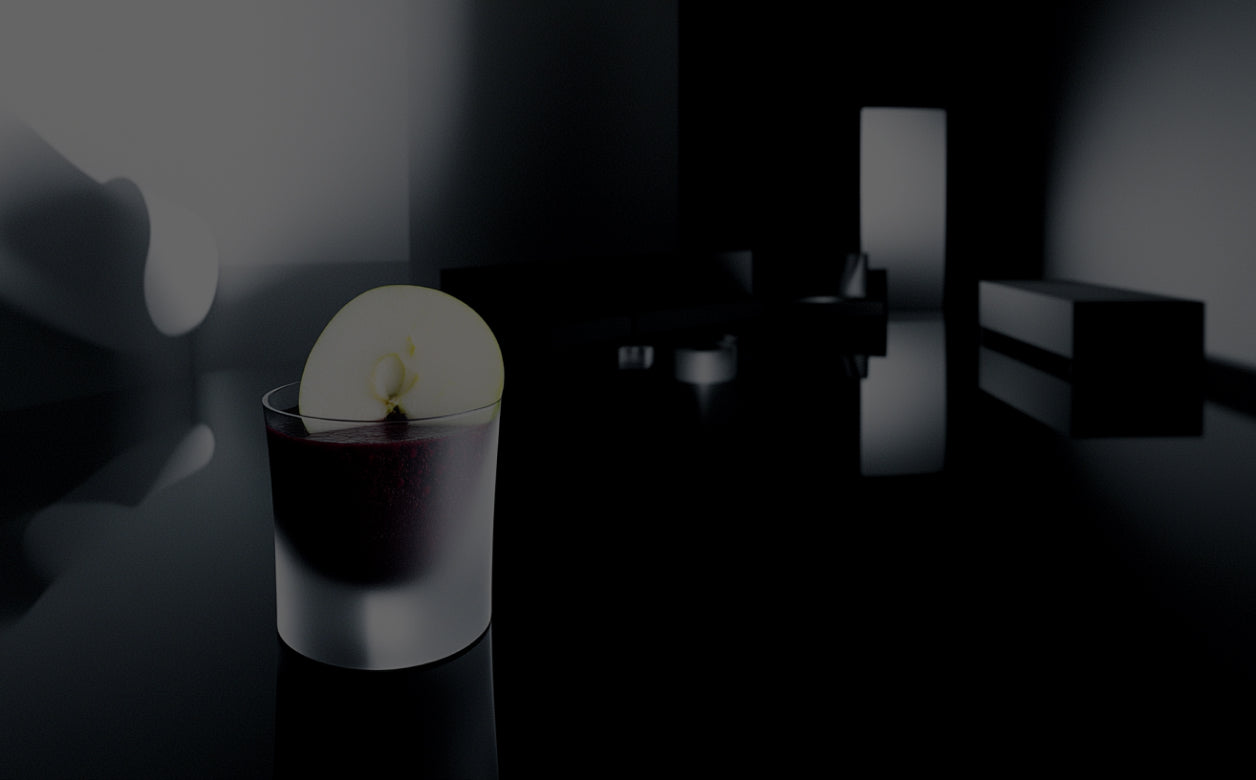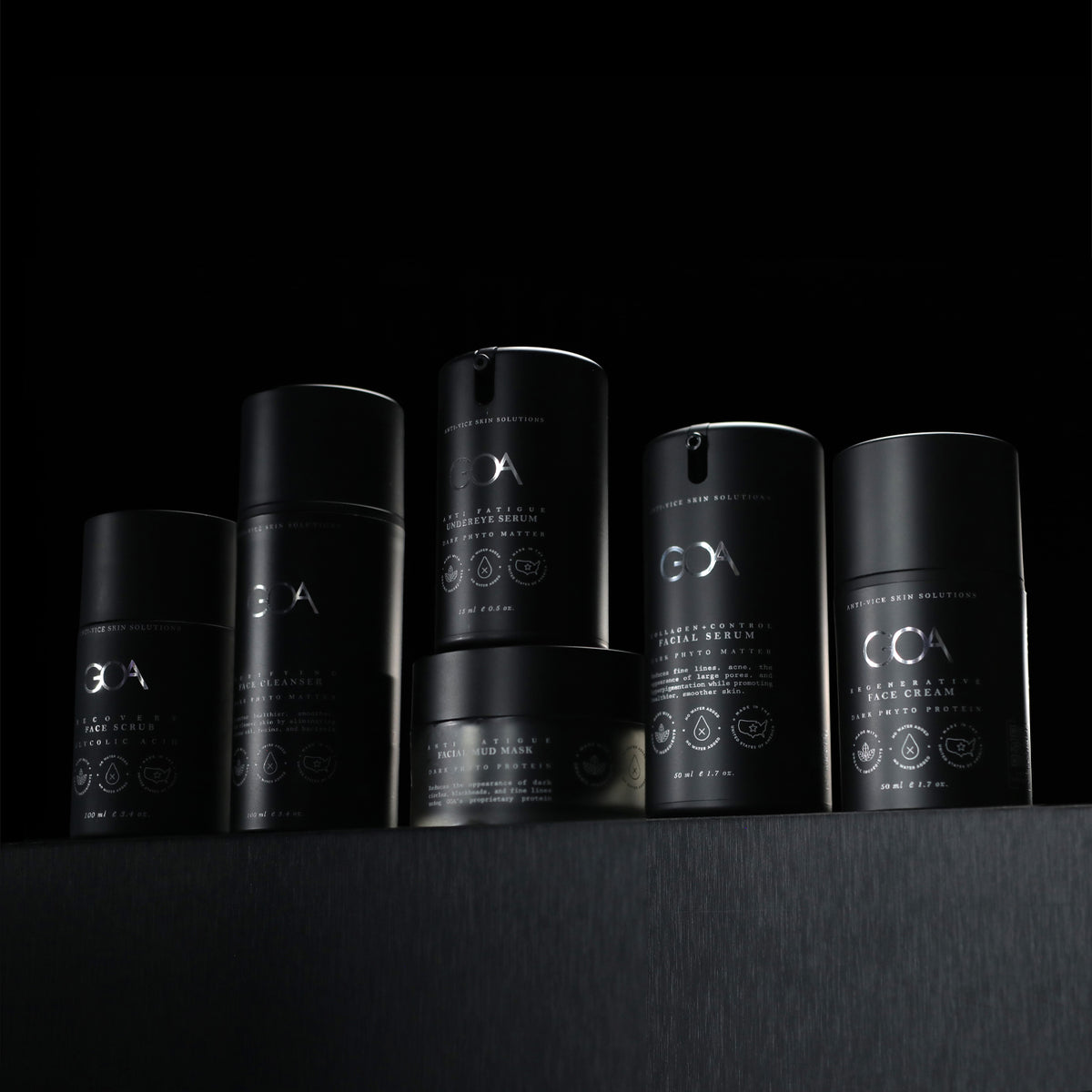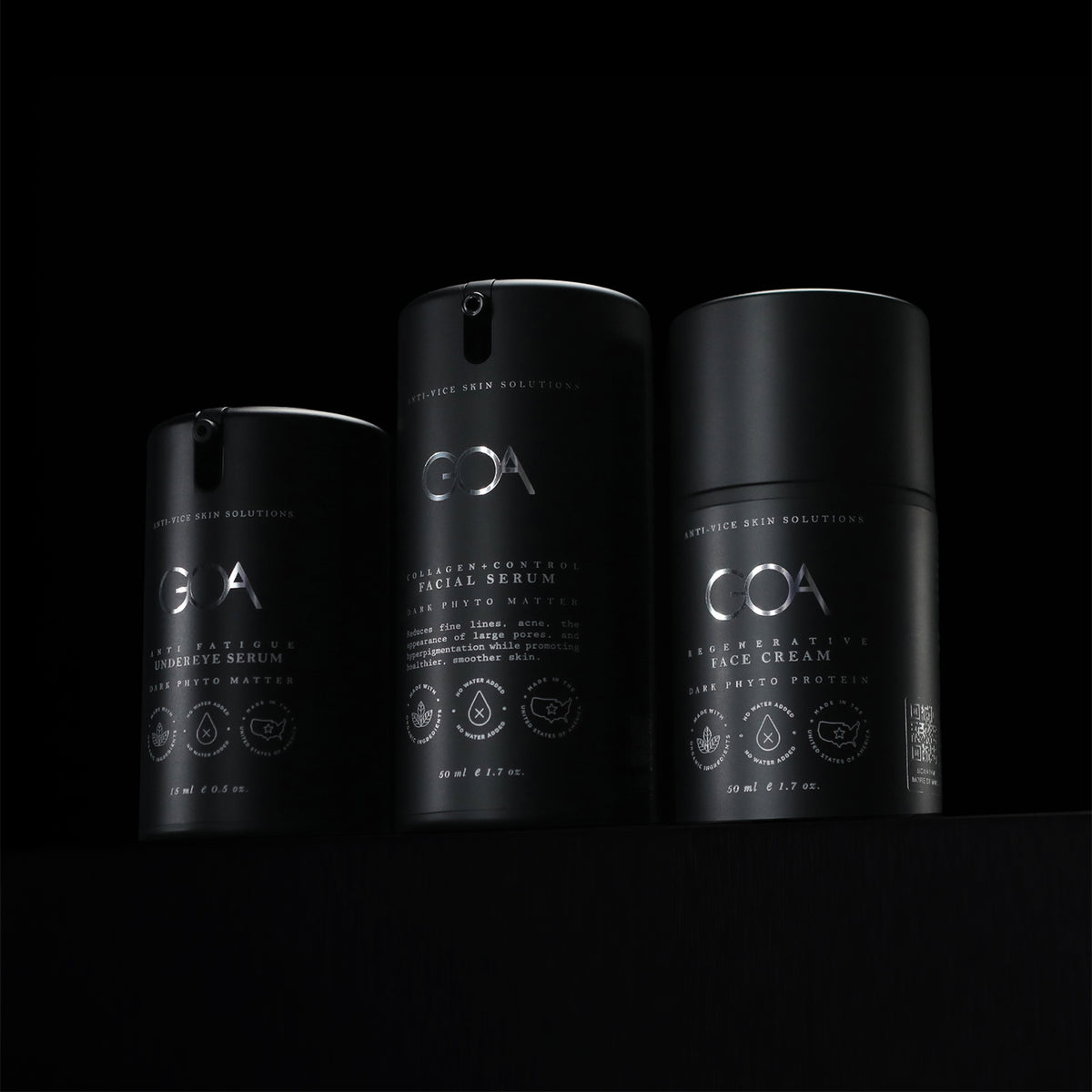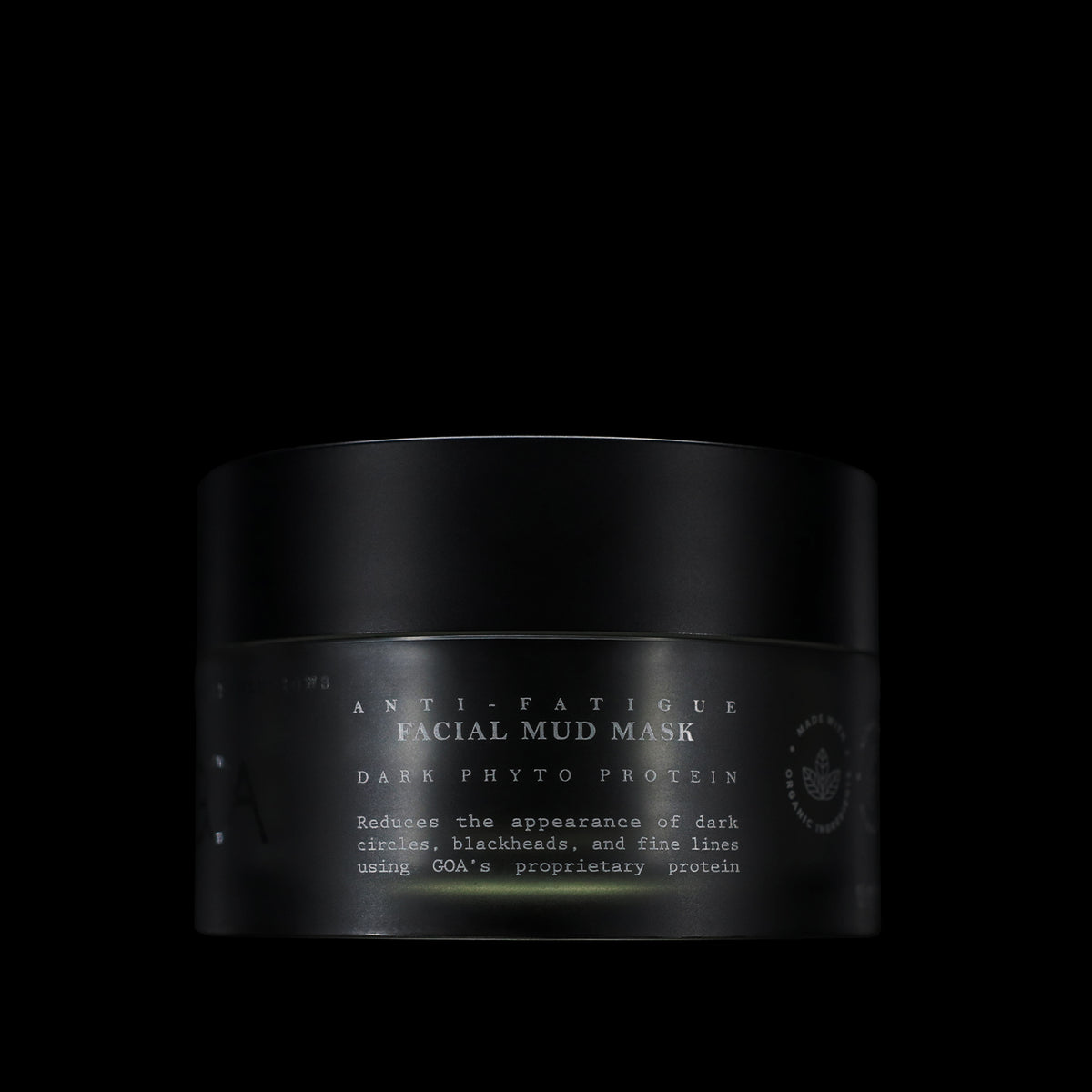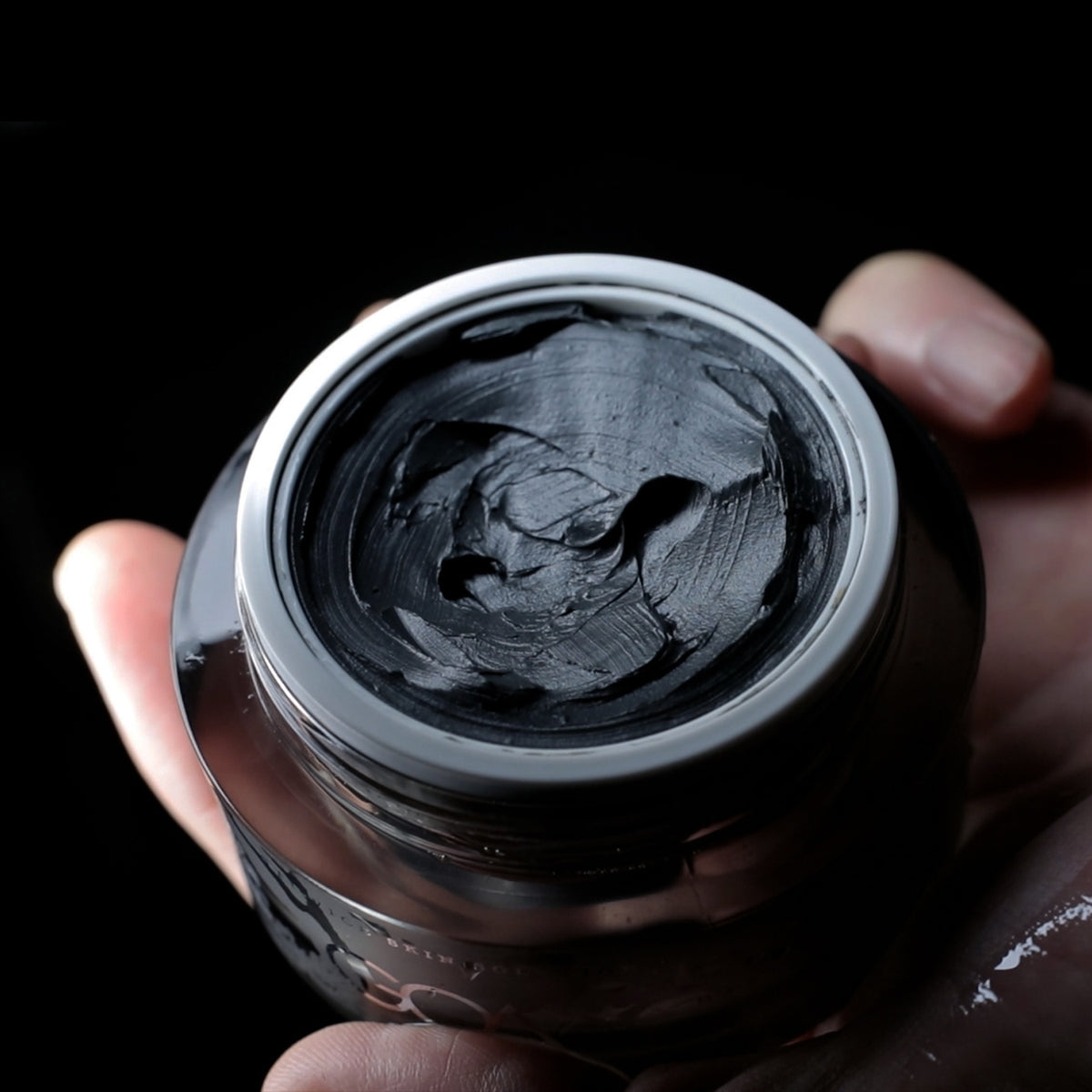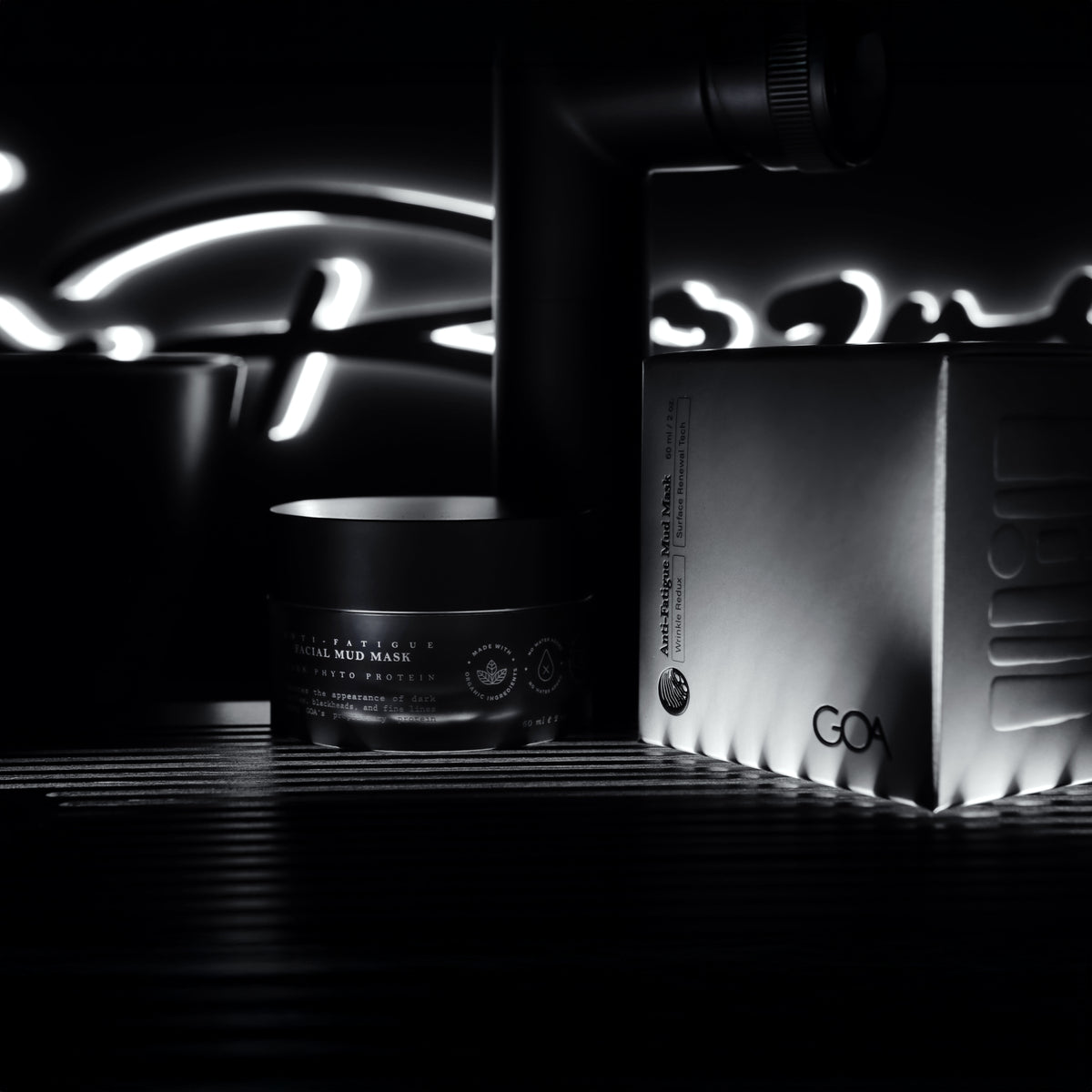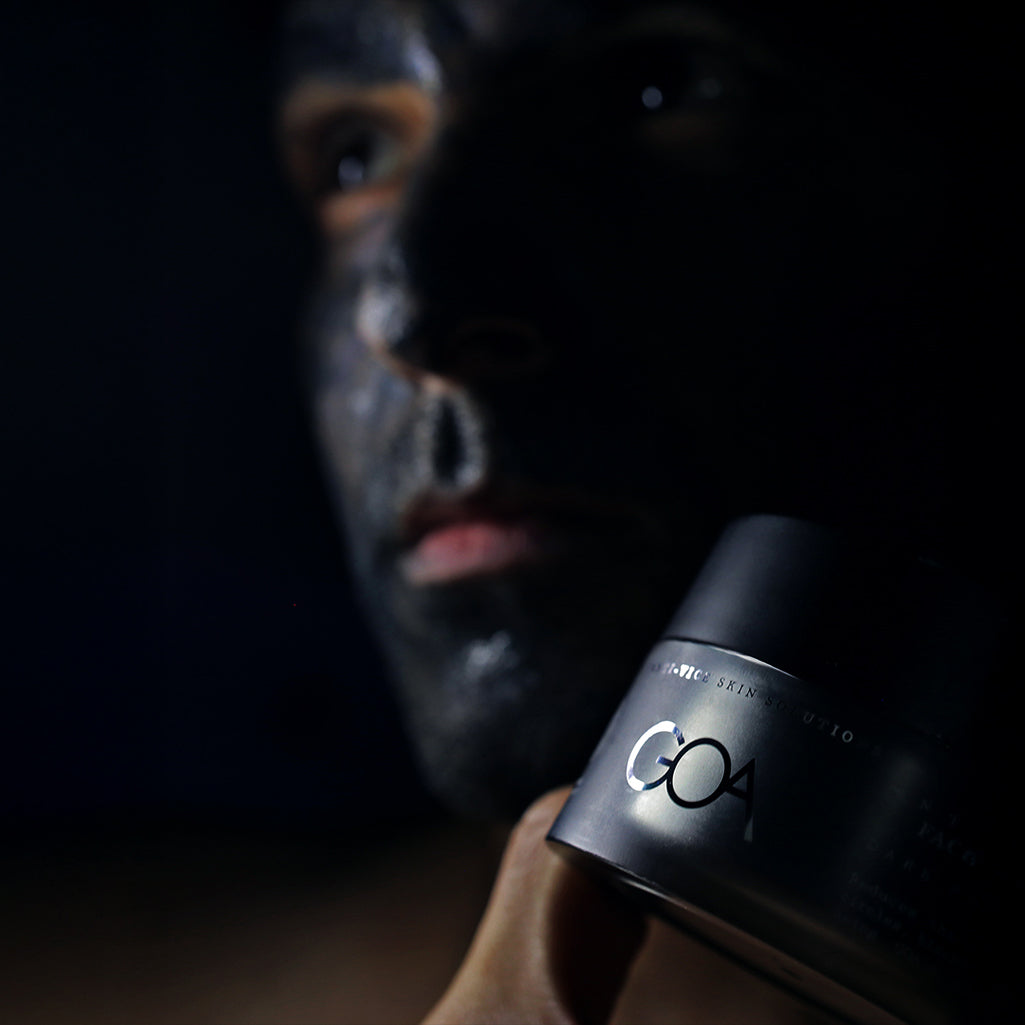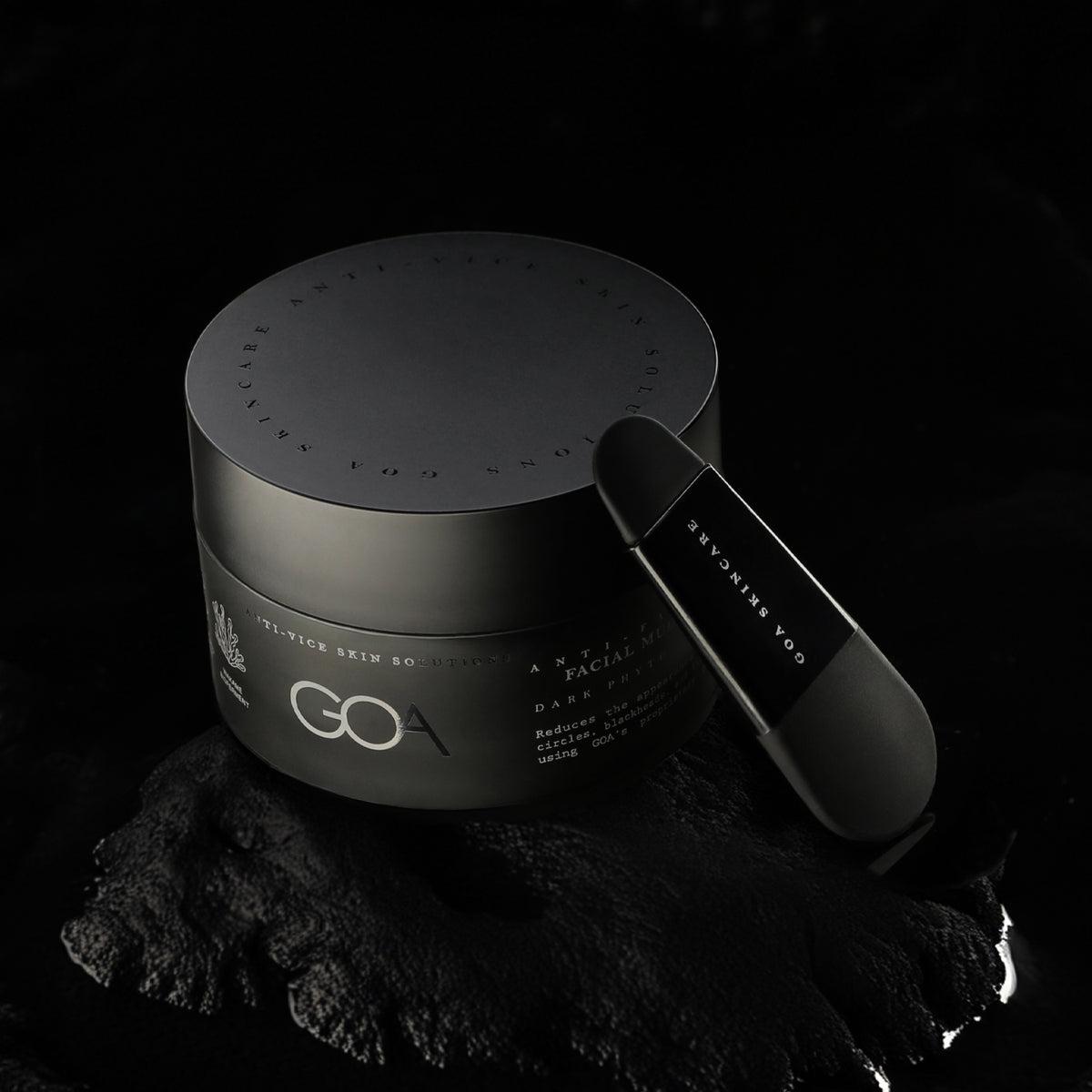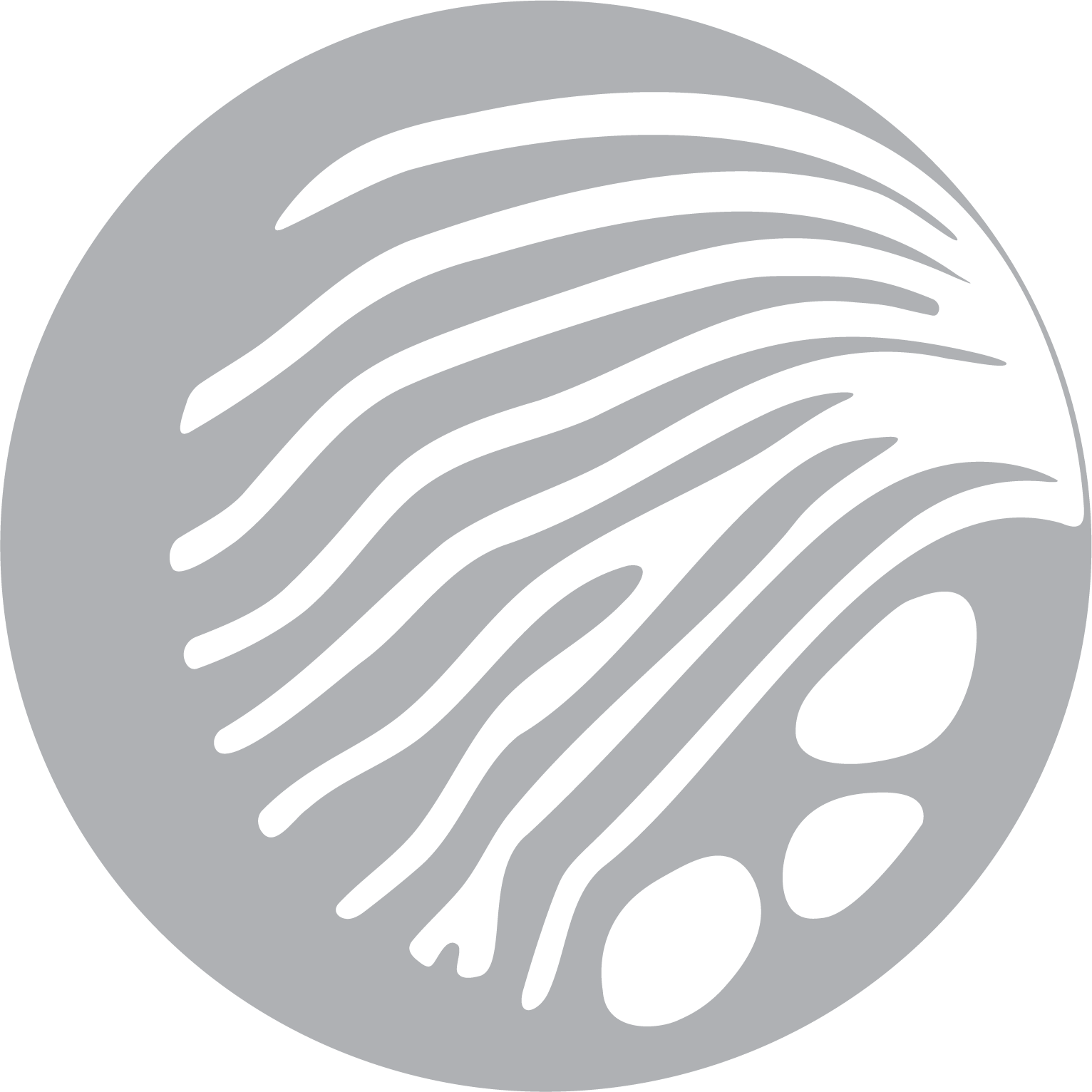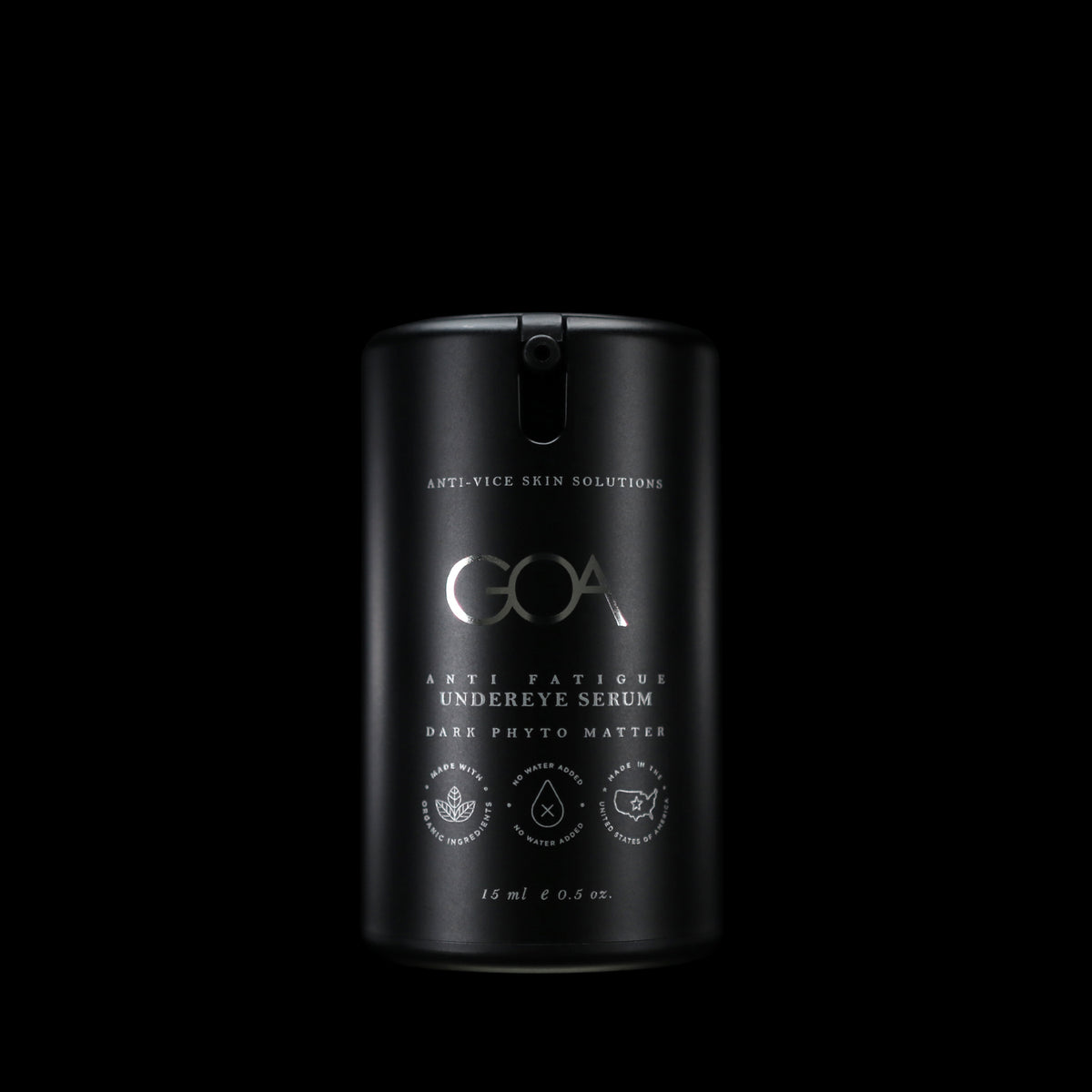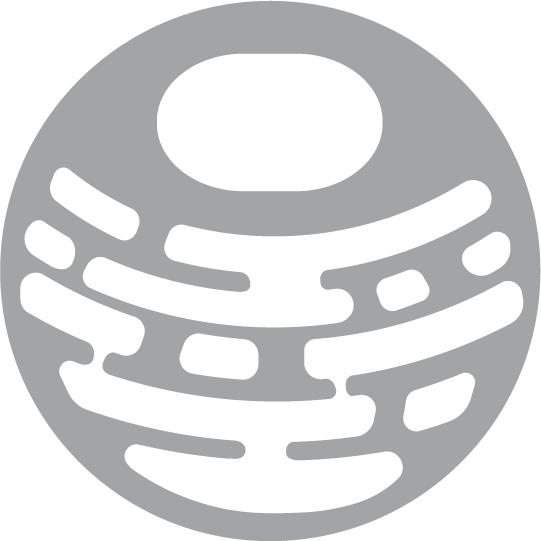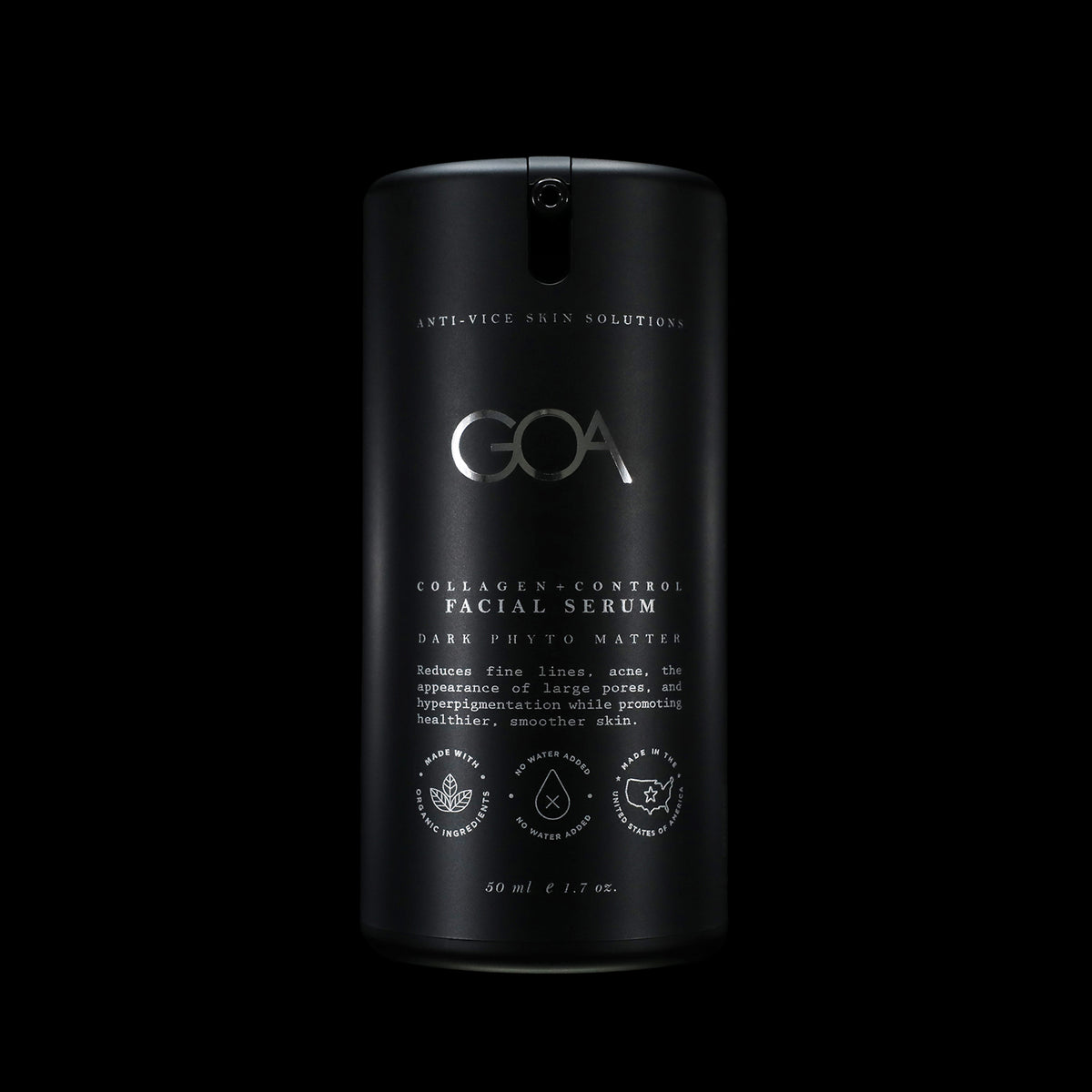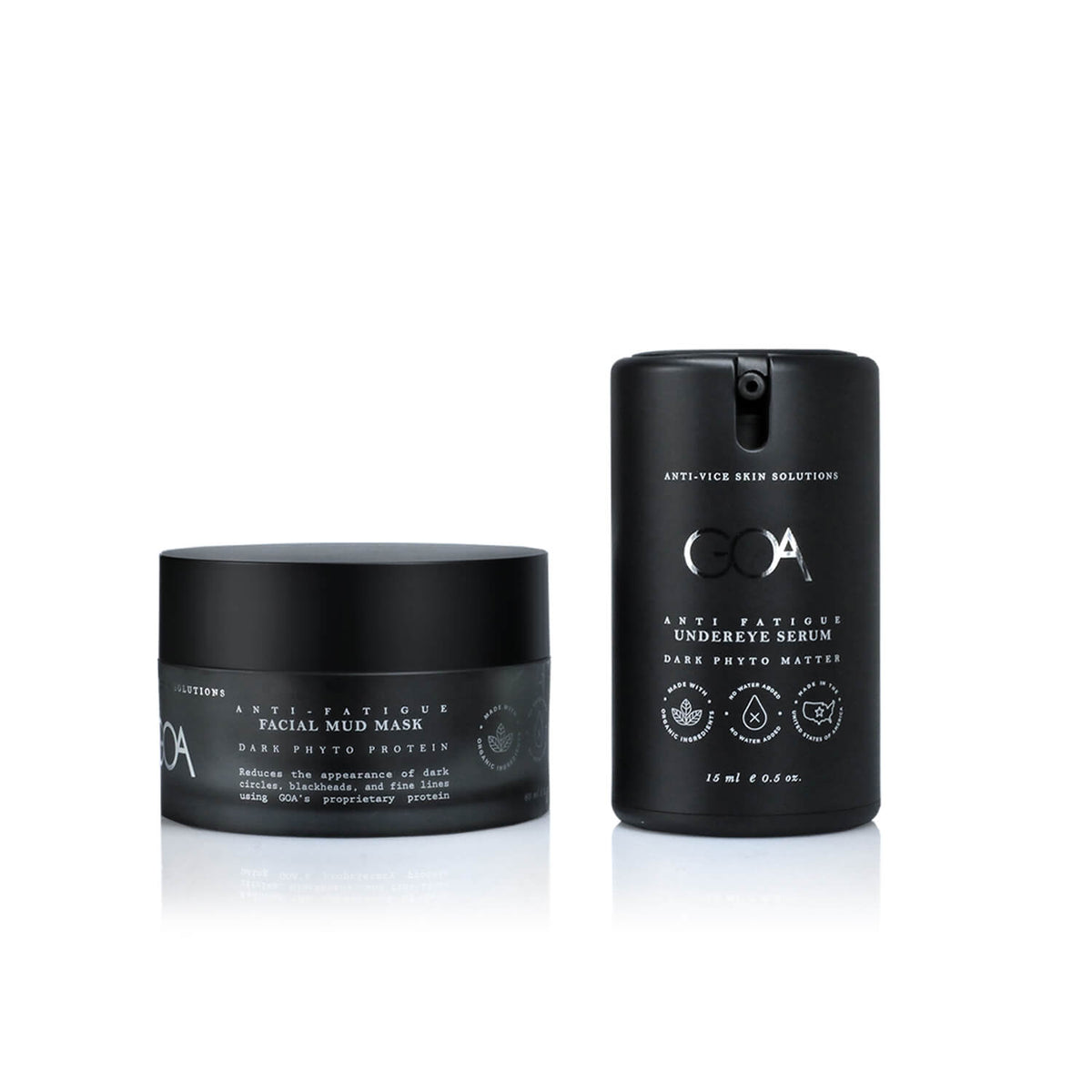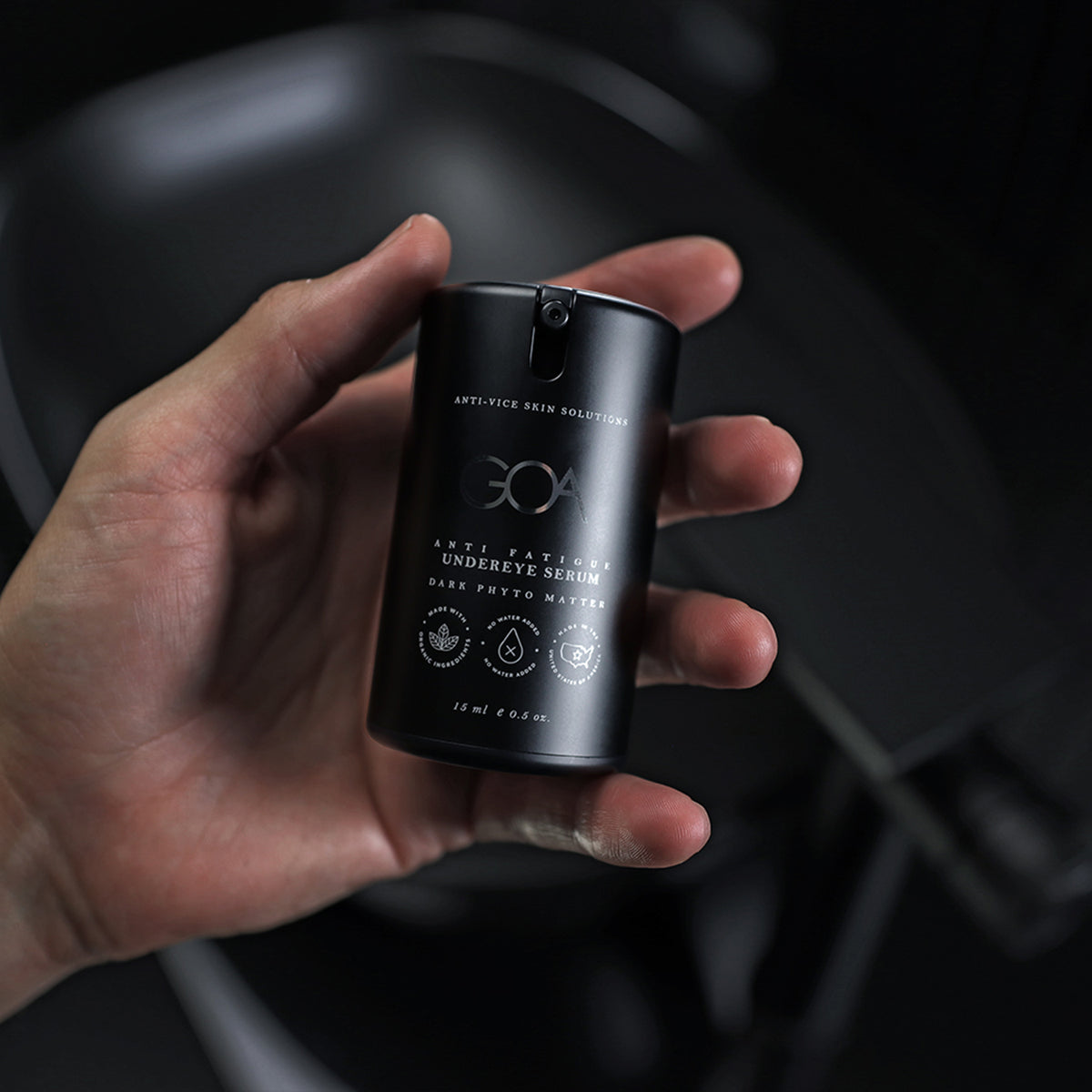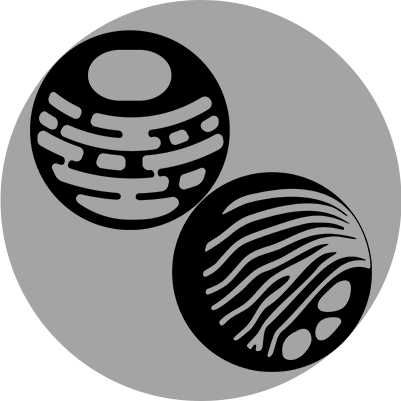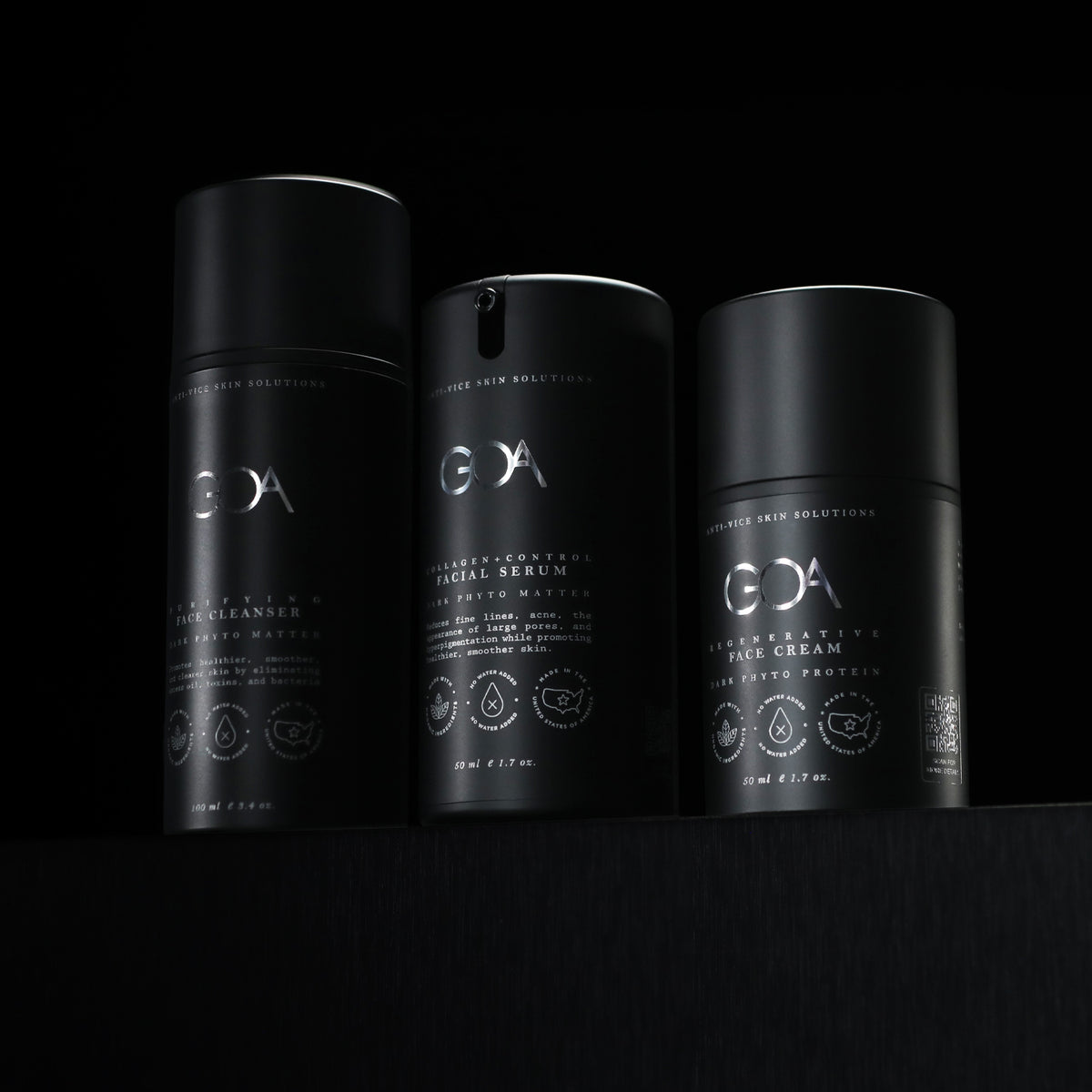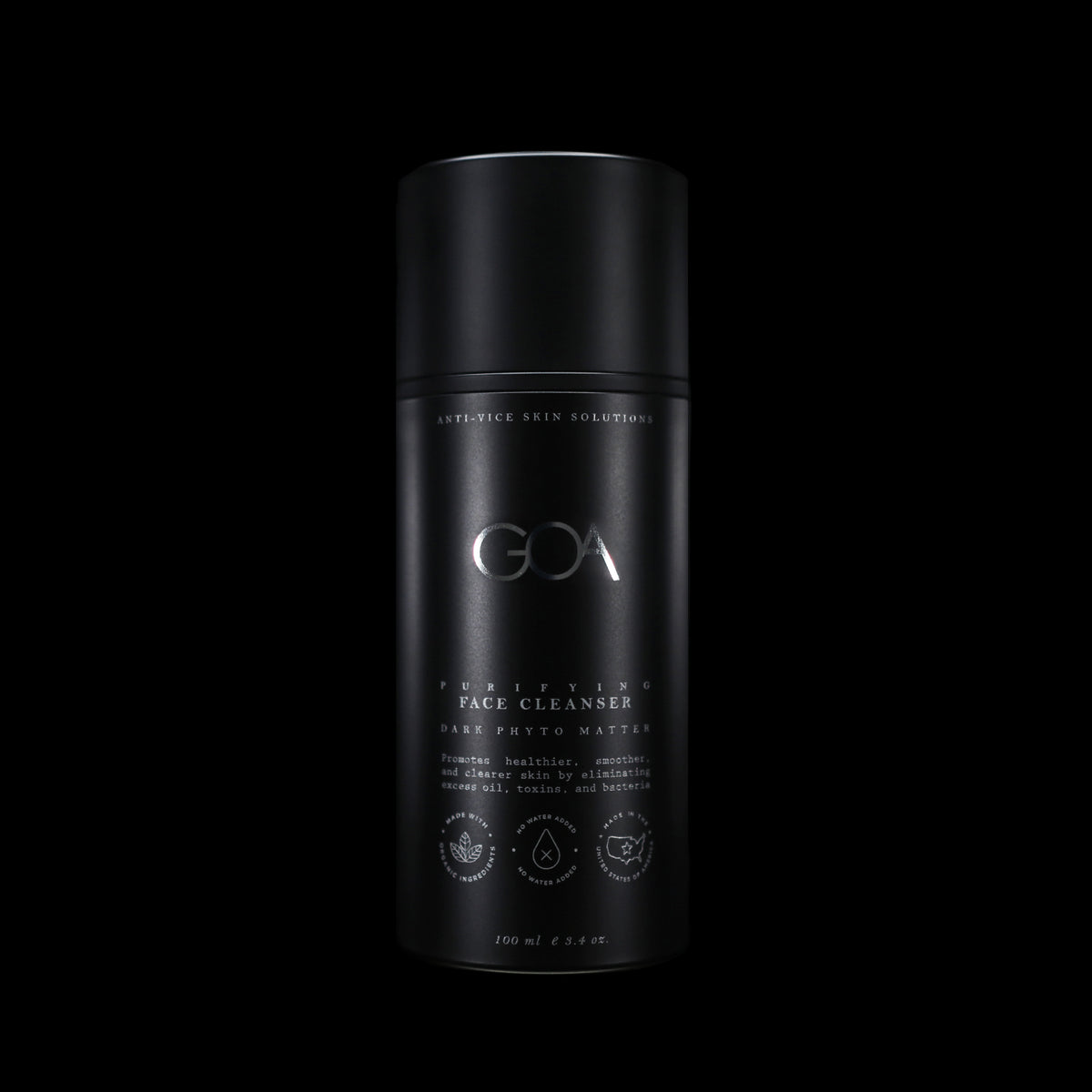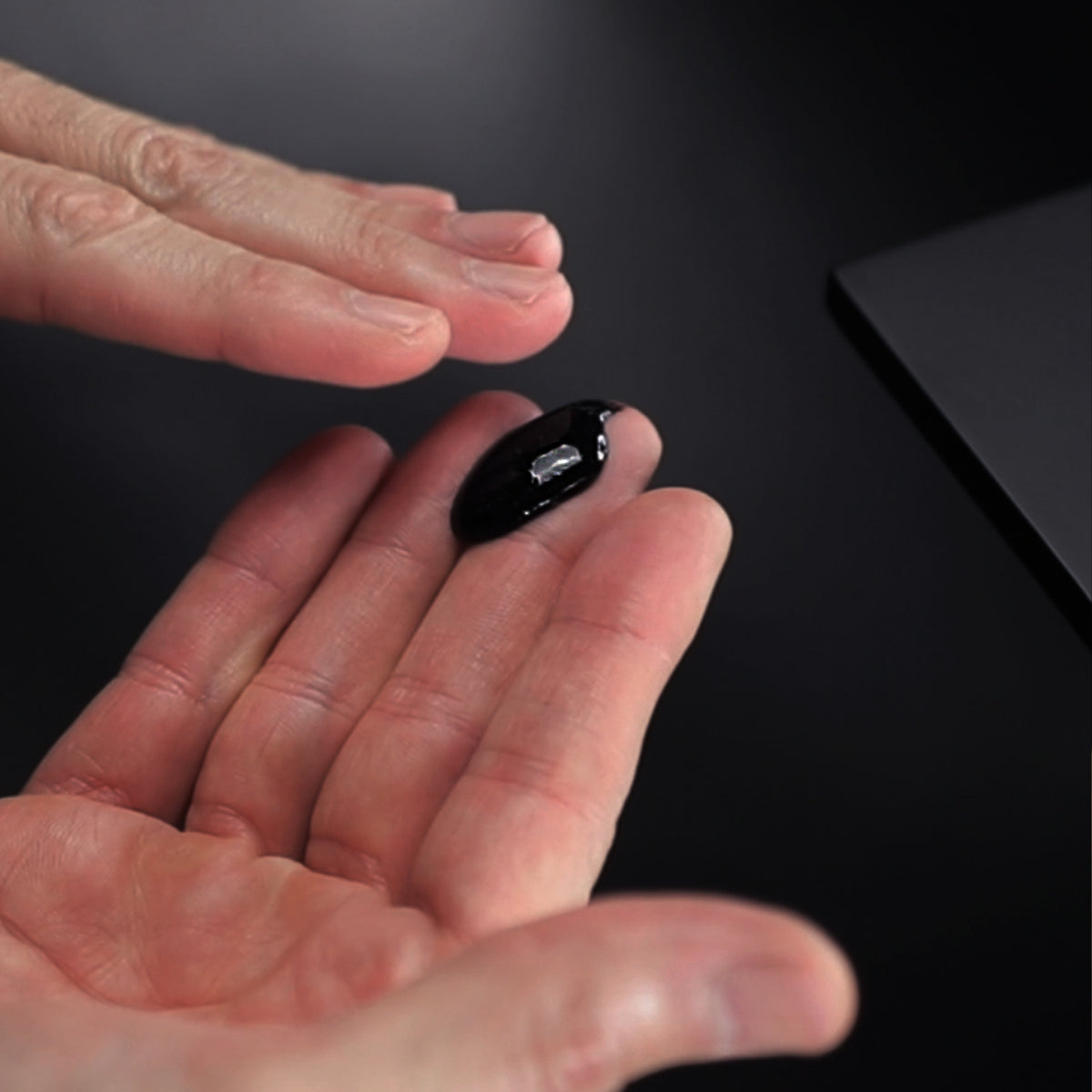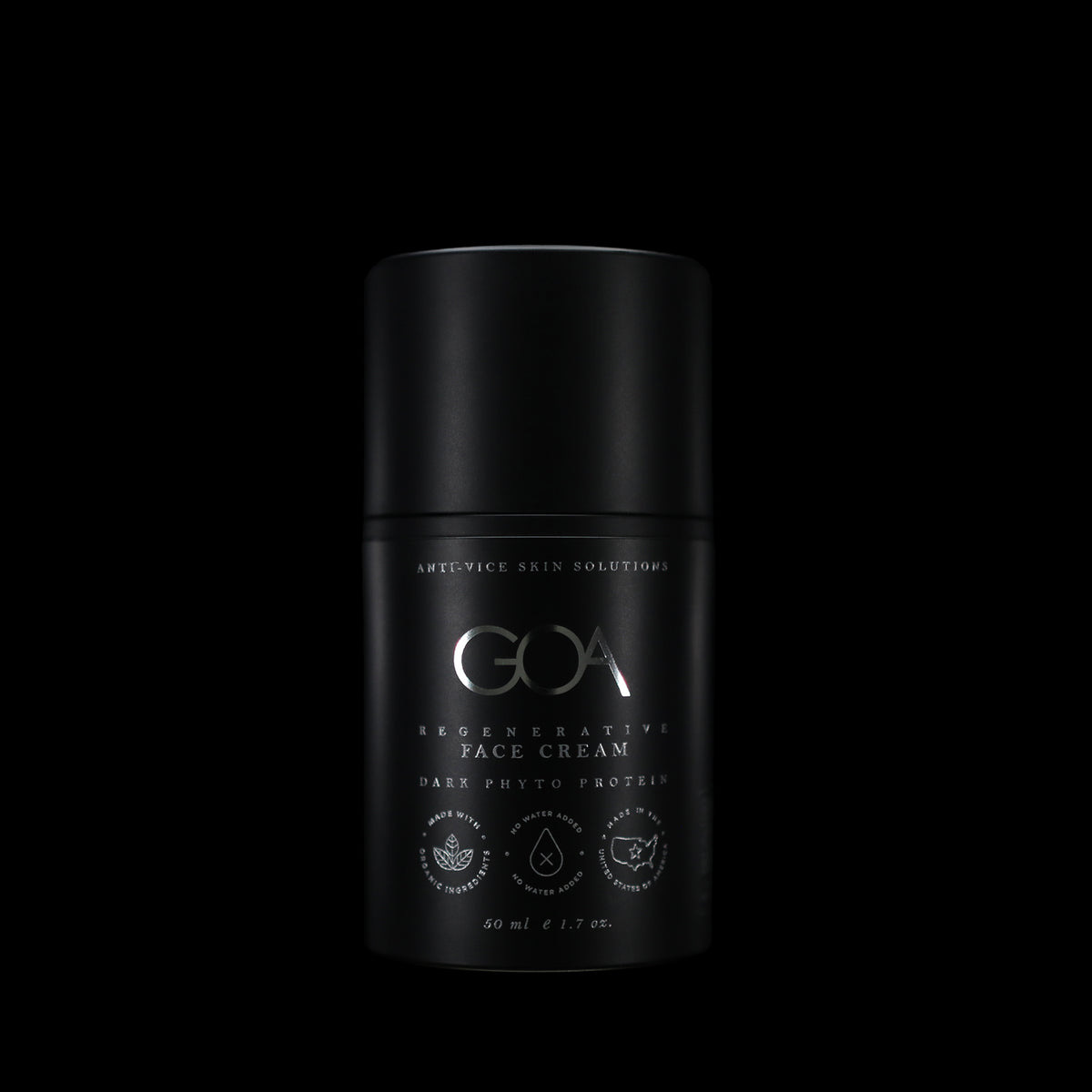For those who focus on precision and performance in every aspect of life, skin health becomes a strategy that interconnects with your daily life. Adaptogens, natural botanicals long appreciated in traditional health systems, are now surfacing as a key asset in advanced skincare. These unique plant and mushroom extracts are recognized for their potential to support the skin’s response to environmental stress that accelerates aging.
This guide provides a deep dive into adaptogens that matter for skin health, explores their mechanisms, and introduces lesser-known varieties worth considering.
What Are Adaptogens, Really?
Adaptogens are a category of plants and fungi known to support the body’s response to stress by balancing metabolic functions and restoring equilibrium. While “adaptogen” remains a term primarily rooted in traditional medicine, research is revealing the benefits of specific adaptogens for skin applications. They are thought to aid the skin in responding to stressors such as UV exposure, pollution, and climate, while promoting skin health at a cellular level.

A Look at Ashwagandha: Targeting Stress Pathways for Skin Health
Ashwagandha (Withania somnifera) is a prime example of an adaptogen valued in Ayurveda, known for supporting resilience and balance within the body. Its role in skincare comes largely from its interaction with the Hypothalamic-Pituitary-Adrenal (HPA) axis, a critical system in managing the body’s response to stress.
How Ashwagandha Affects the HPA Axis and Skin Health:
- The HPA Axis Process: This complex system, comprising the hypothalamus, pituitary gland, and adrenal glands, initiates the body’s stress response.
- Trigger: When the brain perceives a stressor, the hypothalamus releases corticotropin-releasing hormone (CRH), setting off a chain reaction.
- Hormonal Cascade: CRH prompts the pituitary to release adrenocorticotropic hormone (ACTH), which then signals the adrenal glands to produce cortisol.
- Cortisol and Skin: Elevated cortisol disrupts skin’s barrier function, leading to dehydration, collagen breakdown, inflammation, and excess oil production.
- Ashwagandha’s Role in Modulating Cortisol:
- Ashwagandha appears to moderate the overactivity of the HPA axis, helping to reduce cortisol levels and support balance.
- Mechanism: It may work by enhancing gamma-aminobutyric acid (GABA) signaling, which helps calm neural activity.
- Evidence: In clinical studies, Ashwagandha has shown a measurable impact on cortisol levels, promoting a calmer physiological state, which reflects in the skin’s appearance and resilience.1
In Practice: Ashwagandha’s potential to balance cortisol offers benefits for maintaining skin moisture, reducing inflammation, and promoting a healthier skin barrier. Formulated into serums or moisturizers, it may be particularly beneficial for skin facing environmental or lifestyle-induced stress.

In GOA’s Regenerative Face Cream, Neurophroline, derived from wild indigo and known for its adaptogen-like properties, reduces cortisol in skin cells and boosts calming neuropeptides, helping to visibly calm stressed skin and address redness and dullness.
Other Key Adaptogens and Their Benefits
Beyond Ashwagandha, several adaptogens present unique properties valuable for skin health. Here’s a look at some effective yet lesser-known adaptogens that could complement a goal-oriented skincare routine:
Centella Asiatica (Gotu Kola)
- Mechanism: Known for stimulating collagen production and promoting skin repair. Centella contains asiaticoside and madecassoside, compounds associated with healing and anti-inflammatory properties.
- Skin Benefits: Useful for enhancing skin hydration and improving elasticity, making it suitable for dryness or sensitive skin.
- Applications: Commonly found in creams and serums targeting skin recovery and firmness.
Rhodiola Rosea
- Mechanism: Contains potent antioxidants like rosavin, which combat oxidative stress at a cellular level.
- Skin Benefits: May help reduce fatigue and boost vitality in the skin, particularly beneficial for skin exposed to pollution.
- Applications: Often included in revitalizing formulations, useful for restoring a fresh, energized look.
Schisandra Chinensis
- Mechanism: Rich in lignans and anti-inflammatory compounds, which help strengthen the skin barrier.
- Skin Benefits: Supports resilience against environmental stress and may improve moisture retention.
- Applications: Found in products aimed at enhancing skin resilience and reducing sensitivity, a good choice for urban dwellers.
Cordyceps Mushroom
- Mechanism: Known for polysaccharides that help improve skin hydration and offer antioxidant support.
- Skin Benefits: Promotes a balanced, even skin tone while reducing visible redness.
- Applications: Included in creams or masks formulated for hydration and overall skin health.
Holy Basil (Tulsi)
- Mechanism: Contains active compounds with antimicrobial and anti-inflammatory effects.
- Skin Benefits: Soothes irritation, reduces acne, and acts as a shield against environmental pollutants.
- Applications: Suitable for skincare products targeting irritation, making it valuable for sensitive skin.
Incorporating Adaptogens into a Routine for Optimal Results
To maximize the effects of adaptogens in your skincare:
- Identify Skin Needs: Select adaptogens based on specific skin concerns, such as redness, dryness, or fatigue.
- Choose Targeted Products: Look for adaptogen-infused products that address your primary needs, whether it’s a daily moisturizer, serum, or overnight treatment.
- Introduce Gradually: Begin with one adaptogen-based product, monitor its effects over a few weeks, then consider adding others.
- Consistency is Key: Use adaptogens consistently as part of your routine to allow time for visible results.
- Combine with Foundational Practices: Pair adaptogens with a strong skincare foundation, including cleansing, moisturizing, and sun protection.
Final Thoughts
Each adaptogen works differently, so choosing ones that match your skin’s needs brings intention to your routine. They provide a nuanced, natural way to boost skin health—part of a larger, holistic strategy for peak living.
Note: Always consult with a doctor before starting any new skincare regimen if you have existing skin conditions or sensitivities.
References
- Chandrasekhar, K., Kapoor, J., & Anishetty, S. (2012). A prospective, randomized double-blind, placebo-controlled study of safety and efficacy of a high-concentration full-spectrum extract of Ashwagandha root in reducing stress and anxiety in adults. Indian Journal of Psychological Medicine, 34(3), 255–262.
















